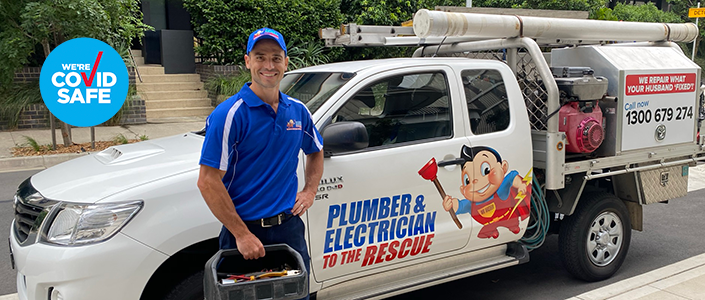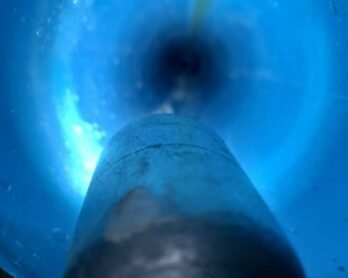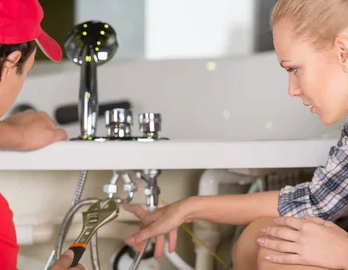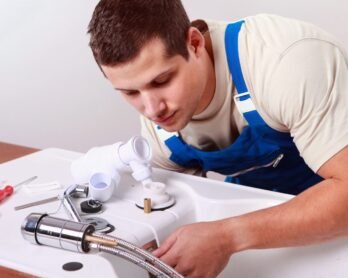Unveiling the Culprits: Reasons for Stinky Plumbing Problems

When it comes to our homes, there’s nothing more disconcerting than encountering foul odours emanating from our plumbing systems. Unpleasant smells not only compromise our comfort but can also indicate underlying issues that require prompt attention. In this blog, we will delve into the common causes of stinky plumbing problems and explore how they can be resolved. By understanding the root causes, homeowners can take proactive measures to maintain a fresh and healthy living environment.
1. Clogged Drains and Sewer Lines
One of the primary reasons for stinky plumbing problems is the presence of clogged drains and sewer lines. If you suspect a sewer line breach, listen for gurgling sounds coming from the drains, bug issues and frequently clogged toilets. Unfortunately, there are no cost-effective professional solutions for sewer line breaks. You must immediately make a professional phone call to plumbertotherescue.com.au Before it becomes worse, professionals will need to either dig up your lawn or employ trenchless sewer repair to fix or replace the broken sewer line.
Accumulated debris, grease, and food particles can create blockages in pipes, resulting in stagnant water and foul odours. Bacteria and mould thrive in these conditions, exacerbating the unpleasant smell. Regular maintenance, such as periodic drain cleaning and sewer line inspections, can prevent clogs and keep the plumbing system odour-free.
2. Dry P-Traps
P-traps, the U-shaped pipes found beneath sinks, showers, and toilets, are designed to hold a small amount of water. This water forms a seal that prevents foul odours from escaping through the drains and into the living space. However, if a fixture is not used regularly, the water in the P-trap can evaporate, breaking the seal and allowing odours to enter the house. Experts from plumbertotherescue.com.au advised that homeowners should periodically run water through all their fixtures, especially in guest bathrooms or infrequently used rooms, to keep the P-traps full and functional.
The p-traps in your showers and toilets may become dry if you use them infrequently. Smelly sewer gases could ascend through your pipes if there is not enough water in the p-traps to block it. Simply running water through your infrequently used fixtures will solve the issue.
3. Sewer Gas Leaks
Sewer gas leaks can be another major source of stinky plumbing problems. These leaks can occur due to damaged or cracked sewer lines, loose connections, or faulty seals. Sewer gas, which contains various noxious gases, including hydrogen sulphide, can seep into the house, resulting in unpleasant odours. Additionally, prolonged exposure to sewer gas can pose health risks. To address this issue, it is crucial to hire a professional plumber to inspect the plumbing system, identify any leaks, and repair or replace damaged components as necessary.
Your sewer pipe may become damaged by a variety of causes. Clogs may accumulate to the point where pressure causes the line to rupture. The line could be pierced by tree roots. Due to the soil’s properties, the line itself can split and sink into the earth. Sewage is dripping from a busted sewer line. Sewage smells bad. The most obvious symptom of a sewer line breach could be the smell of sewage flowing from your drains and outside your house.
4. Failing Ventilation Systems
Proper ventilation is essential for maintaining a healthy plumbing system. Vent pipes, commonly found on rooftops, allow the release of gases generated within the plumbing system, such as sewer gas and moisture. If these vent pipes become blocked or damaged, the gases can’t escape and may accumulate, leading to odours in the house. Issues with ventilation can arise from debris build-up, bird nests, or even severe weather conditions. Regular inspection and cleaning of the vent pipes, as well as ensuring they are adequately protected, can prevent ventilation-related stinky plumbing problems.
Besides, your garbage disposal can be cleaned in a variety of ways. No matter how you choose to clean your garbage disposal, be sure to disconnect it first! After that, cleaning it out should only require a little dish soap, water, and a sponge.
5. Faulty Toilet Wax Rings
Toilets are a notorious source of unpleasant odours, and a faulty wax ring can be the culprit. The wax ring, situated between the toilet base and the floor, creates a watertight seal. Over time, this wax ring can deteriorate, crack, or become displaced, resulting in sewer gas leakage and foul smells. If the wax ring is damaged, it should be promptly replaced to prevent further issues. Homeowners should also ensure that the toilet is properly secured to the floor and that there are no gaps or movement that may compromise the wax ring’s effectiveness.
Stinky plumbing problems can be a nuisance, but with proper understanding and maintenance, they can be mitigated. Regular inspection, cleaning, and timely repairs are key to ensuring a fresh and odour-free plumbing system. By addressing the root causes promptly, homeowners can enjoy a pleasant and healthy living environment.






